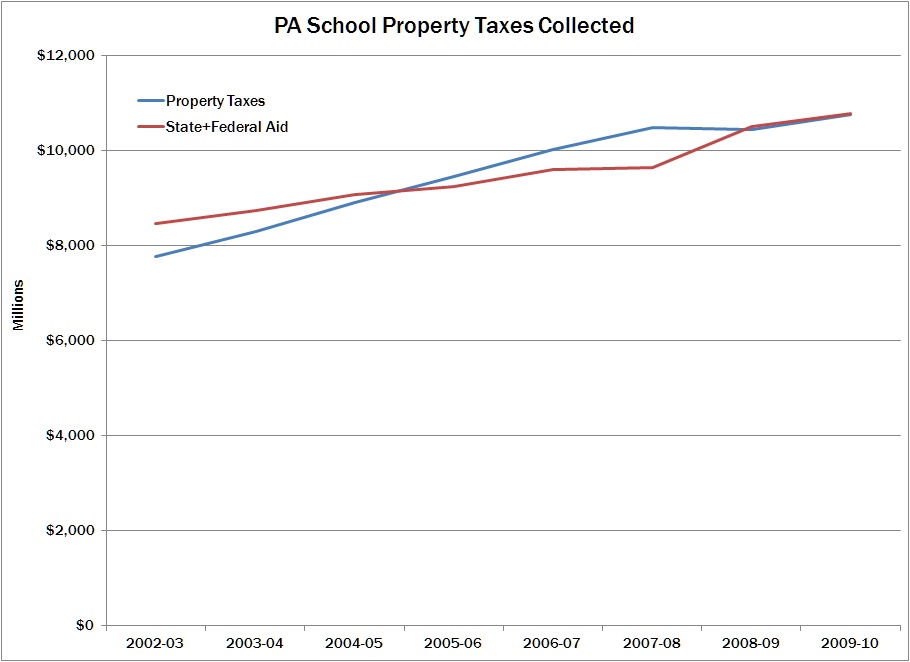Media
Turn on the Fiscal Fire Hose
S ince Gov. Corbett unveiled his 2012-13 budget Tuesday, we’ve noted how it reduces overall spending for only the second time in 40 years. We’ve also explained that despite cuts, we’re facing a four-alarm fiscal inferno because of inevitable and rapidly rising costs in debt, pensions, welfare and corrections payments. Taxpayers are still in danger of getting cooked by the flames, unless lawmakers act.
ince Gov. Corbett unveiled his 2012-13 budget Tuesday, we’ve noted how it reduces overall spending for only the second time in 40 years. We’ve also explained that despite cuts, we’re facing a four-alarm fiscal inferno because of inevitable and rapidly rising costs in debt, pensions, welfare and corrections payments. Taxpayers are still in danger of getting cooked by the flames, unless lawmakers act.
Critics claim that by not increasing state subsidies for education significantly, school districts will be force to raise property taxes. But over the years, property taxes have increased despite additional state subsidies (see chart below).
A huge driver of runaway spending is unnecessary mandates. Lawmakers need to ensure not only that we keep spending down, but that taxpayers get a bigger bang for their buck with schools, roads and bridges and other government services.
There’s a simple and effective way to do that: Reform an outdated and expensive Pennsylvania law called the Prevailing Wage Act. The law mandates that school districts, counties, townships and other types of local government pay workers the community’s “prevailing wage” on taxpayer-funded construction projects costing more than $25,000 (which these days is nearly every project).
Problem is, the “prevailing wage” is not the going rate for a carpenter, electrician or plumber—it has come to mean the artificially high wage given to unionized workers, who are barely 27 percent of the construction workforce. Prevailing wage now adds, on average, 20 percent to the cost of public construction projects, for building and repair identical to what we accept in the private sector, in our homes and hospitals, for example. That’s a complete waste of taxpayer dollars.
Relief from prevailing wage compliance could not be bigger or more urgent in our current fiscal inferno. Pennsylvania’s 18 financially distressed school districts, for example, are pleading for emergency funding, with one lawmaker suggesting an infusion of $30 million. CNN recently featured one with “toxic schools”: Reading School District, whose crumbling buildings include an upstairs classroom with a ceiling that pours water on rainy days. But school districts across the state spent $2 billion on construction in 2008-09. A savings of just 10 percent would amount to $200 million a year—helping kids, teachers and taxpayers.
Lawmakers have been considering prevailing wage reforms for months. Their inaction is akin to a fire engine standing idle outside a burning house. It’s time to turn on the hose.
